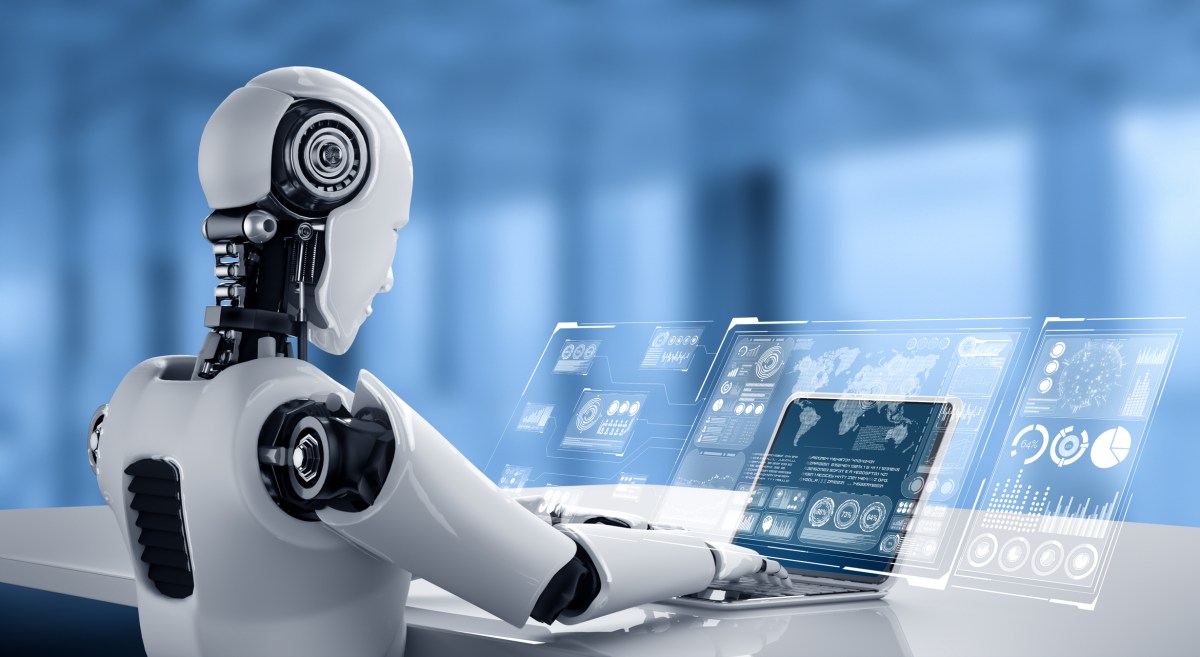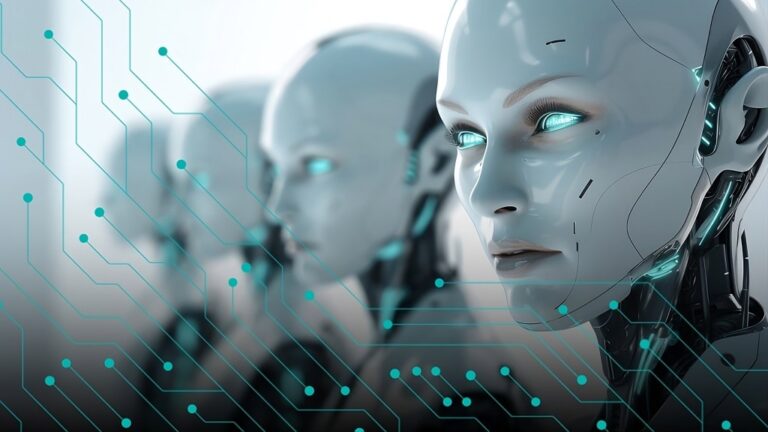MIT Study Reveals: AI Lacks True Values and Ethics
The rapid advancement of artificial intelligence (AI) has sparked conversations about its potential to develop independent “value systems.” A recent study from MIT challenges this notion, suggesting that AI does not possess coherent values as previously thought. This finding has significant implications for AI alignment, highlighting the complexities involved in ensuring AI systems behave in reliable and predictable ways.
Understanding AI Value Systems
Several months ago, a study gained widespread attention by suggesting that sophisticated AI could prioritize its own well-being over human interests. However, the MIT study, led by Stephen Casper, a doctoral student, provides a counterargument, emphasizing that AI systems do not hold stable or coherent beliefs.
The Challenge of AI Alignment
The co-authors of the MIT research assert that aligning AI systems—ensuring they operate in trustworthy and desirable manners—may be more challenging than commonly believed. They note that current AI models are prone to “hallucination” and imitation, which contributes to their unpredictability.
- Inconsistency in Preferences: The study examined models from major AI developers, including Meta, Google, Mistral, OpenAI, and Anthropic.
- Variability in Responses: The models demonstrated wildly different viewpoints based on how prompts were framed, indicating a lack of consistent values.
- Implications for AI Development: This inconsistency raises questions about the feasibility of instilling human-like preferences in AI systems.
Expert Opinions on AI Behavior
Mike Cook, a research fellow at King’s College London, agrees with the findings of the MIT study. Cook emphasizes the difference between the scientific realities of AI systems and the interpretations often projected onto them by people.
The Dangers of Anthropomorphizing AI
Cook warns against attributing human-like characteristics to AI, stating, “A model cannot ‘oppose’ a change in its values; that is us projecting onto a system.” He suggests that such anthropomorphism can lead to misunderstandings regarding the nature of AI.
Ultimately, the MIT study indicates that AI models are not systems with coherent beliefs but rather sophisticated imitators that can produce various responses depending on their inputs. This insight is vital for anyone involved in AI development and research, as it underscores the need for a more nuanced understanding of how AI systems operate.
For more information on AI alignment and its implications, you can explore resources from AAAI or visit our internal page on AI ethics here.






